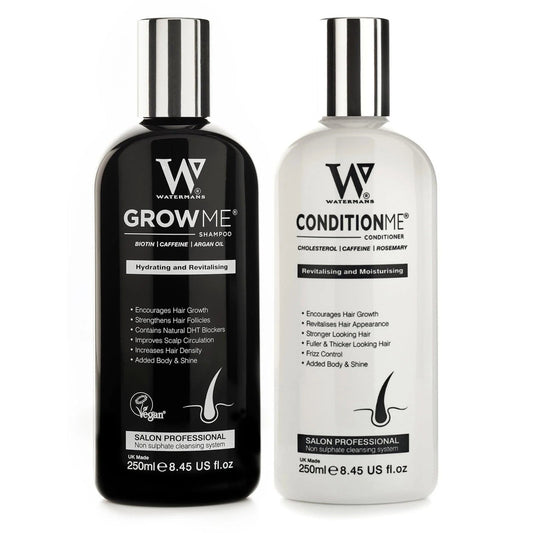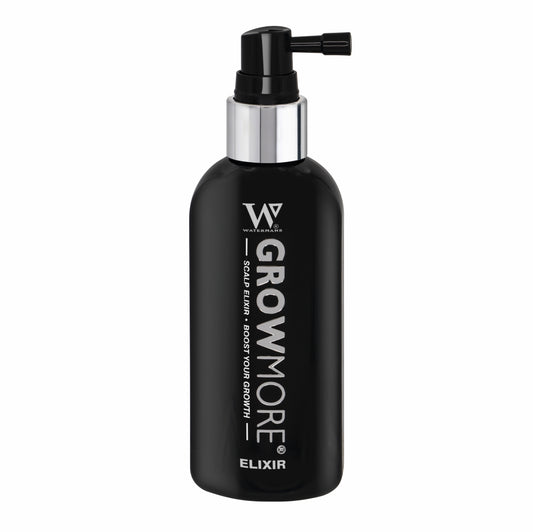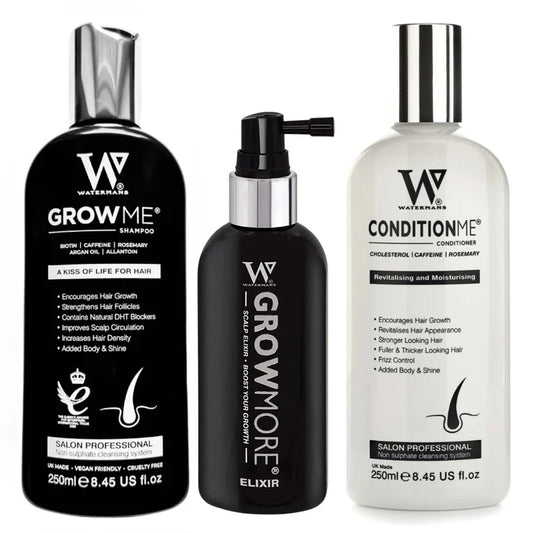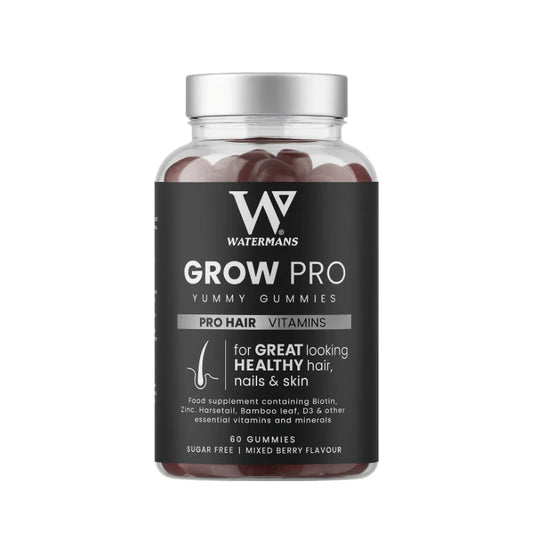Unlocking Wellness: The Complete Guide to Low Protein Diets for Health & Vitality
Share

Low Protein Diet: Unlocking Wellness with a Complete Guide for Health & Vitality
Many people think protein is only important for building muscle, but did you know that sometimes eating too much protein can cause health problems? A low protein diet can help people with certain conditions feel better, maintain vitality, and even improve overall wellness.
In this easy-to-understand guide, we'll explore what a low protein diet is, why some people need it, how to follow it correctly, and how it might help you or someone you care about stay healthy.
What Is a Low Protein Diet?
A low protein diet involves eating less protein than the average amount found in most diets. Protein is one of the three main nutrients our bodies need — along with carbs and fats — to fuel daily activities and keep our muscles, skin, hair, and organs strong.
Low protein diets contain smaller amounts of protein, often adjusted to specific goals or health requirements. They’re usually recommended for people whose kidneys, liver, or metabolism cannot process normal protein levels effectively.
Why Do People Need a Low Protein Diet?
Your body usually breaks down protein into amino acids, which it uses for energy and repair. However, if your kidneys or liver are not working well, eating too much protein can cause waste products to build up, harming your health.
Common reasons for a low protein diet include:
- Kidney Disease: The kidneys filter waste from the blood. Too much protein means extra work for sick kidneys.
- Liver Problems: When the liver is damaged, it may struggle to process protein by-products.
- Metabolic Disorders: Some rare genetic conditions prevent the body from breaking down certain amino acids properly.
- Certain Allergies or Digestive Disorders: Sometimes lowering protein intake helps reduce symptoms.
How Does Protein Affect Hair Health?
Protein plays a big role in hair growth and health because hair is mostly made of a protein called keratin. Inadequate protein intake can lead to thinning hair, weak hair strands, or hair loss as your body prioritizes protein for more important functions.
But what happens if you need a low protein diet? Balancing your nutrient intake is key to maintaining healthy hair without overwhelming your organs.
Maintaining Healthy Hair on a Low Protein Diet
Even if you need to limit protein, you still want your hair to look its best. Here’s how to support hair health while following a low protein diet:
- Choose High-Quality Protein Sources: Opt for proteins that your body absorbs easily and use them sparingly. Examples include eggs, fish, and some plant proteins.
- Supplement Wisely: Vitamins like Biotin, Niacinamide, and nutrients like Argan Oil can boost scalp health and hair growth without extra protein.
- Keep Your Scalp Energized: Using topical products with natural ingredients like caffeine and rosemary can stimulate hair follicles and promote growth.
- Stay Hydrated and Eat a Balanced Diet: Vitamins, minerals, and hydration keep your hair follicles functioning well.
If you're seeking an all-natural way to help hair growth while on a low protein diet, try Watermans Grow Me Shampoo. It is crafted with biotin, rosemary, caffeine, niacinamide, argan oil, allantoin, and lupin protein — ingredients known for energizing the scalp and volumizing hair starting at the roots. This gentle, natural shampoo works well with dietary adjustments and is great for anyone wanting to improve hair volume without harsh chemicals.
Understanding Protein Needs: How Much Protein Is Low?
The average adult needs about 0.8 grams of protein per kilogram of body weight daily. For example, a 70 kg (154 lbs) person usually requires about 56 grams of protein each day.
A low protein diet lowers that amount, often to less than 0.6 grams per kilogram, depending on the medical advice. However, protein needs vary based on:
- Age
- Health conditions
- Activity level
- Body size
Always consult with a nutritionist or doctor before starting a low protein diet to know the exact amount suitable for you.
What to Eat on a Low Protein Diet?
Here’s a quick guide for foods that usually fit a low protein diet:
Foods to Favor:
- Most fruits (apples, berries, oranges)
- Vegetables (lettuce, cucumbers, bell peppers)
- Grains and starches (white bread, rice, pasta)
- Certain fats and oils (olive oil, sunflower oil)
- Limited amounts of lower-protein plant-based options
Foods to Avoid or Limit:
- High protein meats (beef, chicken, pork)
- Dairy products (milk, cheese, yogurt, especially full-fat varieties)
- Nuts and seeds (often high in protein)
- Legumes (beans, lentils, chickpeas)
- Eggs and soy products (unless medically allowed)
The Role of Supplementation in a Low Protein Diet
Because limiting protein can reduce some nutrients, supplementation may be necessary. Supplements can make sure you get essential vitamins and minerals that support hair and overall health — like biotin, zinc, vitamin B-complex, and iron.
Many shampoos also add natural protein components in small amounts, such as lupin protein in Watermans Grow Me Shampoo, which strengthens and nourishes hair without putting strain on your body.
Tips for Healthy Hair Care Alongside a Low Protein Diet
Beyond your diet, how you care for your hair matters. Some useful habits include:
- Use Mild, Nourishing Shampoo: Avoid harsh sulfates and chemicals.
- Massage Your Scalp Regularly: This boosts blood flow and brings nutrients to hair roots.
- Limit Heat Styling: Excessive heat can weaken hair, especially when it’s fragile.
- Eat a Colorful Variety of Foods: Vitamins from fruits and veggies support hair strength.
- Avoid Stress: Stress can worsen hair loss; relaxation helps.
How Watermans Grow Me Shampoo Supports Your Hair Journey
When following a low protein diet, taking advantage of natural topical treatments can give your hair the extra care it needs. Watermans Grow Me Shampoo is specially formulated to nourish the scalp and hair strands with ingredients like:
- Biotin: Supports keratin production for strong hair.
- Rosemary: Known to increase circulation and relax scalp muscles.
- Caffeine: Energizes hair follicles for greater growth potential.
- Niacinamide (Vitamin B3): Improves scalp barrier function and hydration.
- Argan Oil: Moisturizes without weighing hair down.
- Allantoin: Soothes irritation and promotes healthy skin.
- Lupin Protein: Adds gentle protein to hair strands for volume and strength.
This shampoo is ideal for people with sensitive scalps or dietary restrictions, helping to maintain full, lively hair during lifestyle changes. Learn more and try it here: Watermans Grow Me Shampoo.
Low Protein Diet and Hair Loss: What Science Says
Scientific studies show that low protein intake can sometimes lead to hair thinning, but carefully planned diets can avoid these effects. Supplements and topical treatments have been shown to improve scalp health and hair density even when protein intake is limited.
For example, rosemary extract and caffeine are popular in hair care research for their ability to stimulate follicles, which is why Watermans Grow Me Shampoo incorporates them.
Common Challenges on a Low Protein Diet and How to Overcome Them
1. Feeling Hungry or Weak
Protein helps you feel full. Try balancing your meals with fiber-rich fruits and veggies!
2. Hair Thinning or Loss
Use supplemented shampoos and vitamins to keep hair healthy.
3. Missing Your Favorite Foods
Look for creative recipe alternatives using allowed ingredients.
4. Social Eating
Plan ahead and communicate your needs with friends or family.
Frequently Asked Questions about Low Protein Diets and Hair Health
Q1: Can a low protein diet cause hair loss?
Yes, if protein intake is too low for too long, hair may thin because the body diverts protein to more vital organs.
Q2: How can I maintain hair health on a low protein diet?
Eat high-quality protein in small amounts, supplement with vitamins, and use scalp-nourishing shampoos like Watermans Grow Me Shampoo.
Q3: Is Watermans Grow Me Shampoo safe for sensitive skin?
Yes, it is formulated with natural ingredients designed to gently energize the scalp without irritation.
Q4: Can a plant-based diet provide enough protein on a low protein plan?
With careful planning and medical guidance, yes. Choose plant proteins that suit your needs and monitor protein amounts.
Q5: Should children ever follow a low protein diet?
Only under strict medical supervision, such as for metabolic disorders.
Q6: How soon can I see results from using hair growth shampoos on a low protein diet?
Results vary, but many notice improvement in hair strength and volume after consistent use for 4-8 weeks.
Q7: What other nutrients help hair growth besides protein?
Biotin, zinc, vitamin D, omega-3 fatty acids, and iron all support hair health.
Q8: Are there any medications that require a low protein diet?
Sometimes, yes. Doctors may prescribe this for kidney or liver disease patients.
Did You Know? Surprising Facts about Low Protein Diets and Hair
- Did you know too much animal protein can strain your kidneys more than plant protein?
- Did you know caffeine, when applied topically (like in Watermans Grow Me Shampoo), can stimulate hair follicles directly?
- Did you know biotin deficiencies can cause hair loss, but supplementation helps restore growth?
- Did you know argan oil is nicknamed “liquid gold” for its moisturizing and antioxidant properties?
- Did you know lupin protein is a plant-based protein that hydrates and strengthens hair without increasing dietary protein intake?
If you or someone you know is considering a low protein diet for health reasons — especially if hair health is a concern — remember that natural, gentle haircare solutions like Watermans Grow Me Shampoo can make a big difference while supporting your wellbeing naturally.
Explore more about Watermans Grow Me Shampoo and start your hair renewal journey at:
Watermans Grow Me Shampoo



